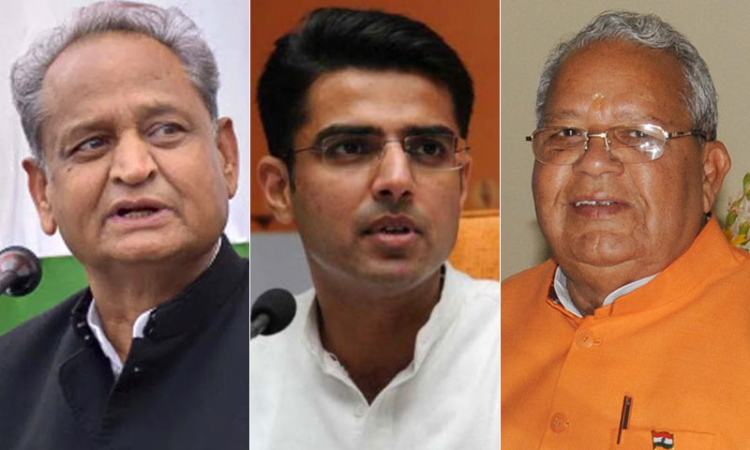Rajasthan Politics: BSP MLAs Seek Transfer Of Plea Challenging BSP-Congress Merger From HC To SC
Nilashish Chaudhary
8 Aug 2020 8:39 PM IST

Next Story
8 Aug 2020 8:39 PM IST
Six Rajasthan MLAs, who were elected to the State Assembly on Bahujan Samaj Party (BSP) tickets and later merged with the Indian National Congress (INC), have approached Supreme Court seeking transfer to itself a petition filed in Rajasthan HC challenging the Speaker's order approving their merger with Congress.The petition in Rajasthan HC has been filed by Madhan Dilwar, BJP MLA and is...
